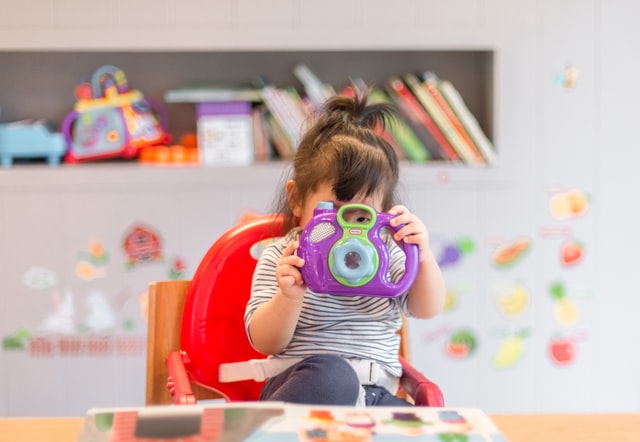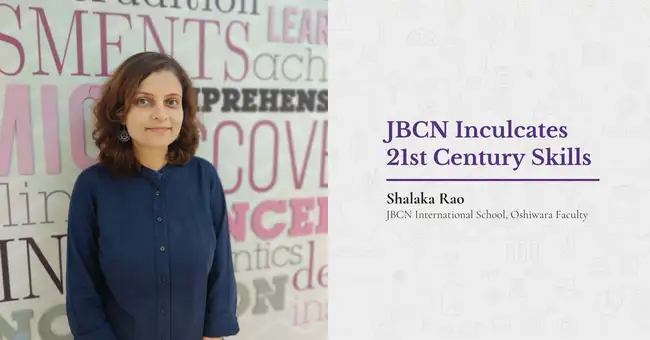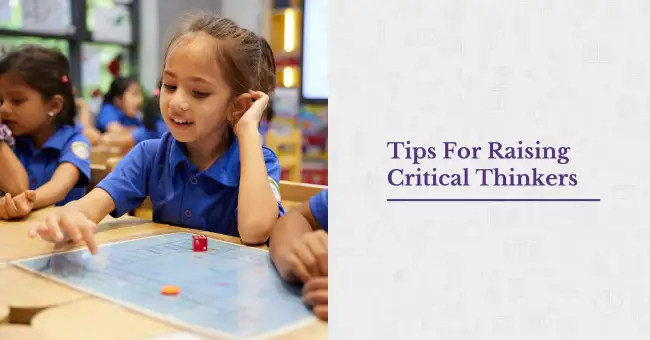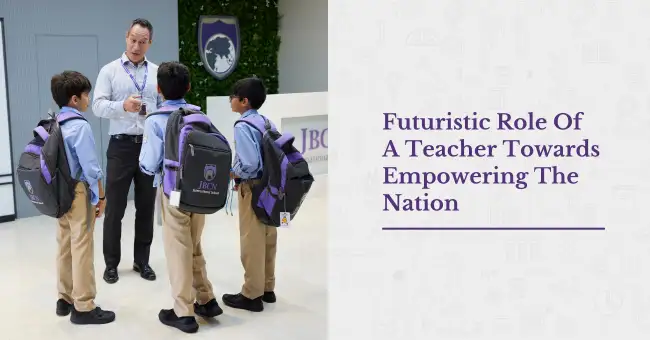
Mental health includes our entire being - our emotional, social and psychological self. It affects what we sense, how we feel, how and what we think and eventually leads to how we behave. The foundation of every adult is laid in their childhood, so it is imperative that the foundation of sound mental health is also laid in the formative years. Every stage of human life and mental health are connected - from infancy to childhood, to adolescence, to adulthood and finally to old age. Neither of the stages is more important or less important.
Children should be made aware that just like our physical health, we have mental health. We give importance to food and exercise to develop physically, similarly, we must understand the importance of mental health awareness. Giving priority to our thoughts and feelings can help develop the power to face all the challenges that life would throw at us. An honest conversation with the children will be best when we say, all who have a body have to think of their physical health and all who have a brain have to think of mental health. Strategies to have healthier and happier children should be our paramount priority.
Sound mental health is fundamental for a child’s success in life - be it in school or with companions. When we install such a growth mindset in ourselves and our children, there will be no stigma attached to mental health. Shame should never block the path to take help.
Everyone (including children) can be nervous and scared sometimes. Encouragement should be given to recognise thoughts and feelings and talk about them. No one needs to worry alone and it’s OKAY to ask for help; this should be the clear message conveyed to children.
Adults who are around children - parents and teachers, have to be alert and interested in a child’s body language, verbal and non-verbal conversations with others, in what they write and what they draw. If they find something amiss, then it’s okay not to wait for the child to start the conversation or confide in us. We can start by asking – “You look a wee bit upset today or you do not seem to be your usual chirpy self today. Would you like to chat about it? Can I do something to help you?” It’s essential to look into the eye of the child when having this conversation. If possible, sit on a low chair, so there is less difference in height and it tends to be less intimidating and more approachable.
Mary Angelou said, “When you know better, you do better.” So the first step of the ladder is recognising internal thoughts. Help the child to understand those thoughts and feelings, accept them and that will give the power to direct them into the world that is dreamt of. Paying attention and being mindful of the thoughts and all the senses that the thoughts create is the key beginning to realisation.
Moods and thoughts change constantly, so offering empathy and being understanding gives confidence to the child, rather than being judgmental and offering solutions. Unconditional love and no rationing in awarding praise whenever the child does something good is highly recommended. A listening ear is a good beginning and giving instructions can follow later. Substituting nagging and yelling with disciplining with respect is something I endorse. The ultimate aim should be, “I want my child to be happy”, so their strengths and weaknesses, both should be accepted.
Happiness is the main component of mental health. Everyone is born as a happy child; we lose it somewhere on the way while growing up. Growing up at any age is not so easy and becomes questionable when we try to keep pace with others around us and others’ expectations of us. Life does not come with an instruction booklet and each one has to face the music they listen to. Empower the children to have faith in themselves and their abilities and they shall be able to move mountains and live a healthy, happy life.
I love what Dr. Seuss has said. “So be sure when you step, step with care and great tact. And remember that LIFE’S A GREAT BALANCING ACT. And will you succeed? Yes! You will indeed! (98 and 3/4 % guaranteed) KID, YOU’LL MOVE MOUNTAINS.”
Written by: Geeta Dalal HOD, Learner Support Centre
JBCN International School, Borivali





